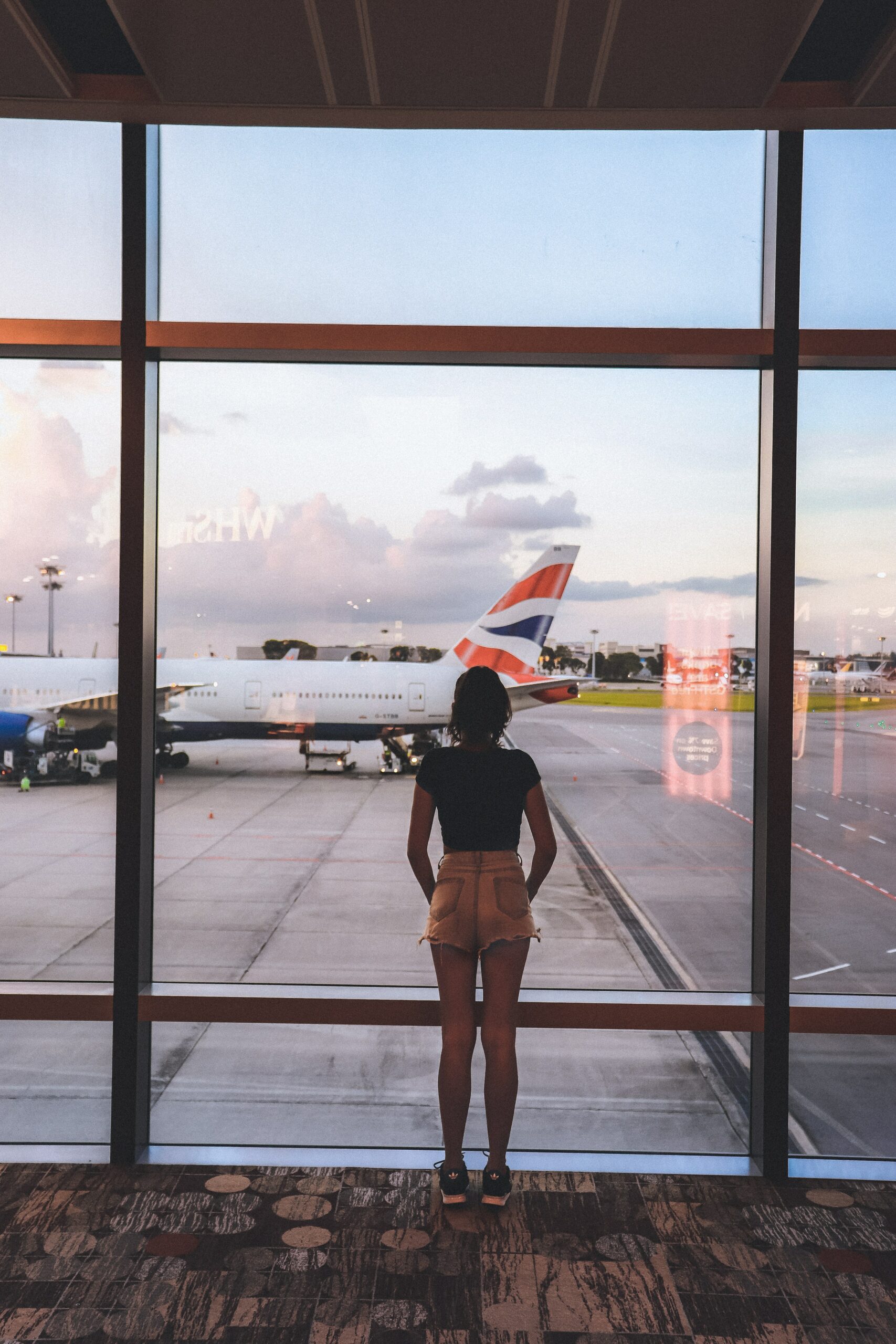
Singapore is well known for its quality of education, and this is the reason why many students choose to come to Singapore to study. As a born and bred Singaporean who has lived in Singapore for (almost) all my life, I have my opinions on the state of education in this country.
At the age of 7, children are enrolled into public schools, and begin their education journey in our country. For the next six years, students learn how to read, write, count and speak, amidst other things. The Primary School Leaving Exam, also known as the PSLE is a major milestone that most students go through at Primary 6. Even though the written exams only take a total of 4 days (excluding the other components), a lot of preparation is needed and parents may even start preparing their child for the PSLE one to two years before the exams! The reason for this anxiety is because the PSLE is seen as a stepping stone for students to get into a good secondary school. While the government has tried to dispel claims of segregating schools into “good” and “bad”, there remains deeply ingrained ideas of which schools are good in Singapore. Students try their best to get into these top secondary schools because they would have better opportunities. One concrete example would be the Integrated Programme offered by top schools, which allows students to skip the GCE ‘O’ Level examinations. These students can focus on other areas such as building their holistic achievement records and preparing for the GCE ‘A’ level examinations.
After the ‘O’ level examinations, students are streamed based on their results. They can choose to enter junior colleges (for the academically inclined) or polytechnics and ITEs, if they are more hands-on and know what they want to do in future. Junior colleges are the top choice for those who wish to attend university in future as it is more difficult for polytechnic students as they have to achieve a high GPA to guarantee a place, as compared to JC students who can get into less competitive courses with average grades.
As someone who went through 12 years in the education system, I have much to say about the system. It is definitely a rigorous and well-crafted system, and Singaporean students often emerge top in world rankings for subjects like Math and Science. Not only are the teachers and curriculum excellent, the rigour also enables students to be hardworking, diligent, and efficient. Therefore, it is not just hard skills and technical knowledge that are imbued in students, but also work ethic, a sense of responsibility and the ability to take pressure. However, the system is not without flaws. Many would compare the education system to a “pressure cooker” system. Students often face immense pressure to do well academically, as Singapore is still a traditional Asian country in many ways and education is believed to be an important stepping stone to a bright future. When students do not do as well in their exams, it can feel as if their whole world has come crashing down on them, or that they have lost all hope in life. However, I would still argue that many students benefit from the system, and there is much support for those who struggle. All in all, the public education system in Singapore is still a valuable system that is enriching and develops students to be academically competent and hardworking.
Recent Comments